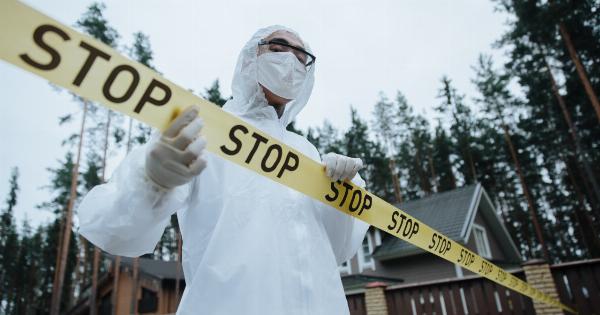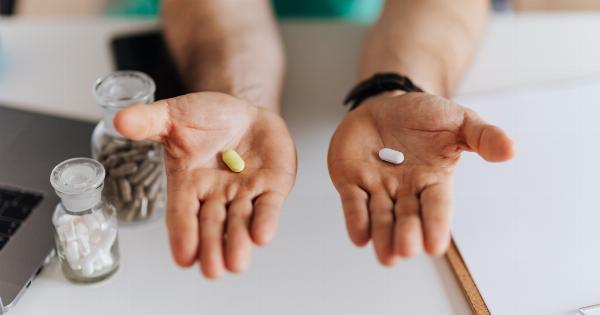The liver plays a vital role in keeping the body healthy and functioning properly. It helps in breaking down fats, producing bile, storing nutrients and vitamins, processing medications, and removing toxins from the body.
Any damage to the liver can lead to serious health problems, including liver failure.
There are many different factors that can contribute to liver damage, such as alcohol consumption, viral infections, obesity, and exposure to harmful chemicals.
Recognizing the signs of liver damage and taking steps to prevent it can help maintain a healthy liver and prevent further damage.
Symptoms of Liver Damage
The signs and symptoms of liver damage may vary depending on the severity of the damage. Some of the common symptoms of liver damage include:.
: 1. Jaundice
Jaundice is a yellowing of the skin and the whites of the eyes. It occurs when the liver is unable to remove the breakdown product of red blood cells called bilirubin from the blood.
It is one of the earliest signs of liver damage, and if seen, should be reported to a doctor immediately.
: 2. Abdominal pain and swelling
Abdominal pain and swelling can be a sign of liver damage. This is because the liver is located in the abdomen and any damage to it can cause discomfort in that region.
: 3. Fatigue
Feeling tired and fatigued all the time can be a sign of liver damage. This is because the liver is responsible for converting food into energy. Any damage to the liver can cause a decrease in the production of energy, which can lead to fatigue.
: 4. Nausea and vomiting
Nausea and vomiting are common symptoms of liver damage. This is because the liver is unable to process and remove harmful toxins from the body, which can cause feelings of nausea and vomiting.
: 5. Bruising easily
Individuals with liver damage may bruise easily. This is because the liver is responsible for producing proteins that help in blood clotting.
Any damage to the liver can lead to a decrease in the production of these proteins, which can result in easy bruising.
: 6. Itching
Itching can be a sign of liver damage. This is because the liver is responsible for removing toxins from the body, and any damage to it can lead to a buildup of toxins in the blood, which can cause itching.
: 7. Changes in urine and stool
Individuals with liver damage may experience changes in the color of their urine and stool. The urine may become dark and the stool may become pale. This is because the liver is responsible for processing and removing waste products from the body.
Preventing Liver Damage
Preventing liver damage can help maintain a healthy liver and prevent further damage. Here are some steps you can take:.
: 1. Avoid excessive alcohol consumption
Alcohol is one of the leading causes of liver damage. Avoiding excessive alcohol consumption can help reduce the risk of liver damage. Men should limit their alcohol intake to two drinks a day, and women should limit their intake to one drink a day.
: 2. Maintain a healthy weight
Obesity is a risk factor for liver damage. Maintaining a healthy weight can help reduce the risk of liver damage. Eating a healthy diet and engaging in regular exercise can help maintain a healthy weight.
: 3. Practice safe sex
Hepatitis B and C are viral infections that can lead to liver damage. Practicing safe sex can help reduce the risk of contracting these viruses.
: 4. Avoid exposure to toxic substances
Avoiding exposure to toxic substances can help reduce the risk of liver damage. This includes avoiding exposure to chemicals, insecticides, and other harmful substances.
: 5. Get vaccinated
Vaccinations for hepatitis A and B are available and can help reduce the risk of liver damage caused by these viruses.
: 6. Take medications as prescribed
Taking medications as prescribed can help prevent liver damage. Some medications can be harmful to the liver, so it is important to follow the instructions carefully and never take more than prescribed.
: 7. Get regular check-ups
Regular check-ups can help detect liver damage early. This allows for prompt treatment, which can help prevent further damage to the liver.
Conclusion
The liver is a vital organ that plays a crucial role in keeping the body healthy. Any damage to the liver can lead to serious health problems, including liver failure.
Recognizing the signs of liver damage and taking steps to prevent it can help maintain a healthy liver and prevent further damage.





























